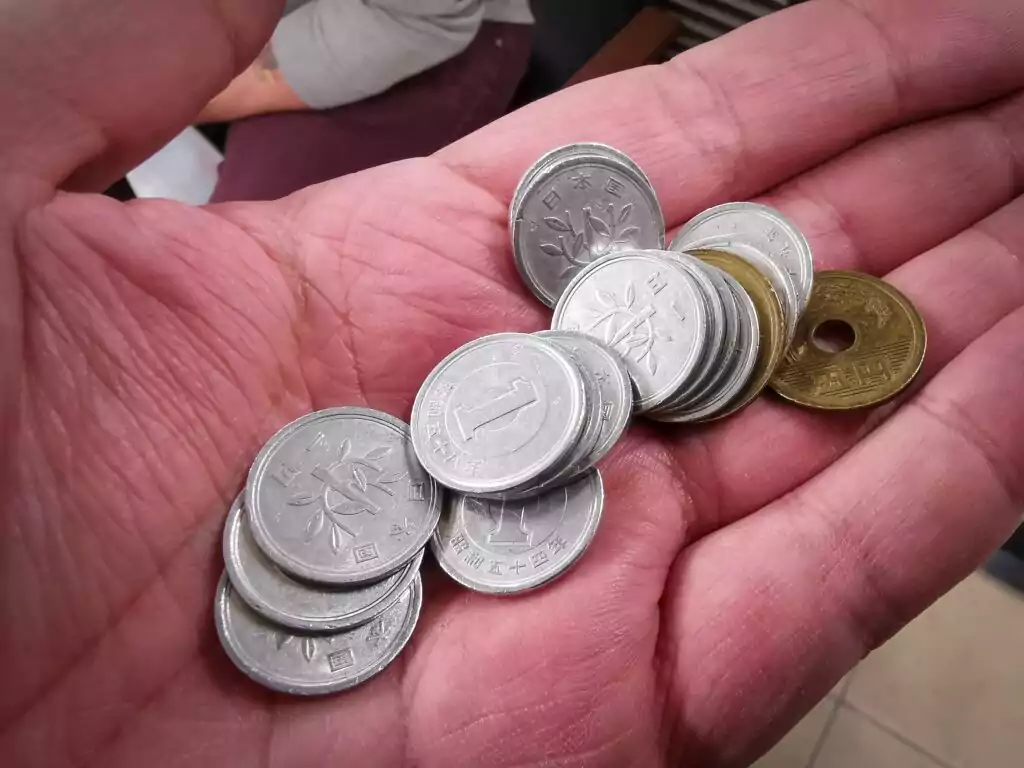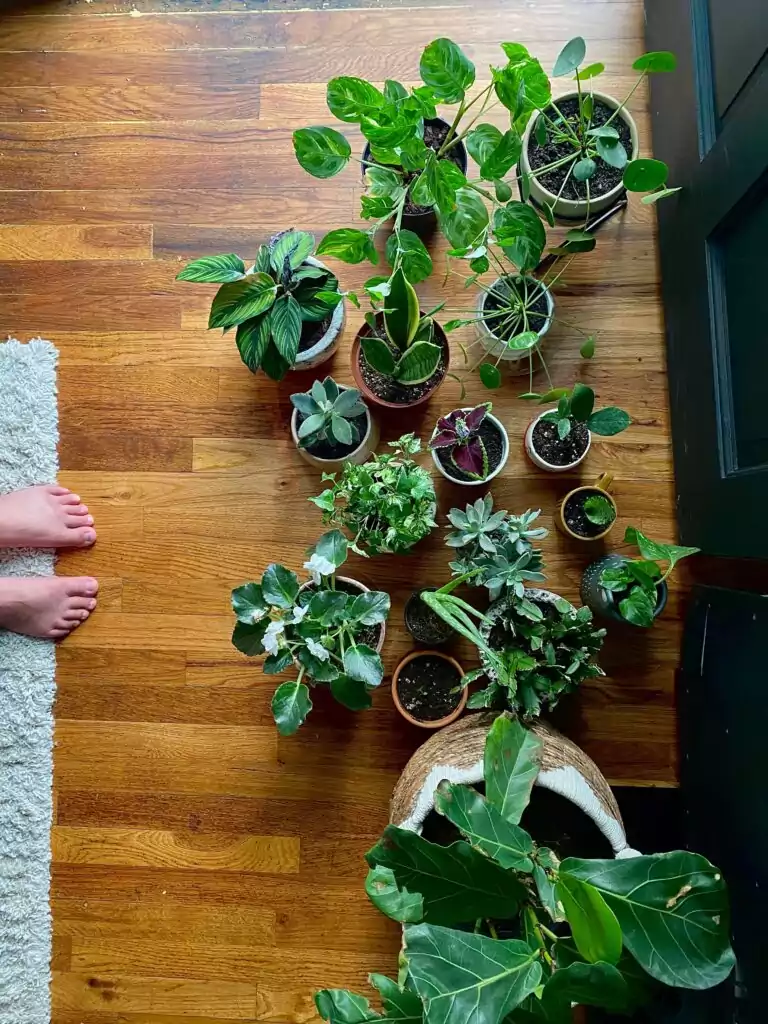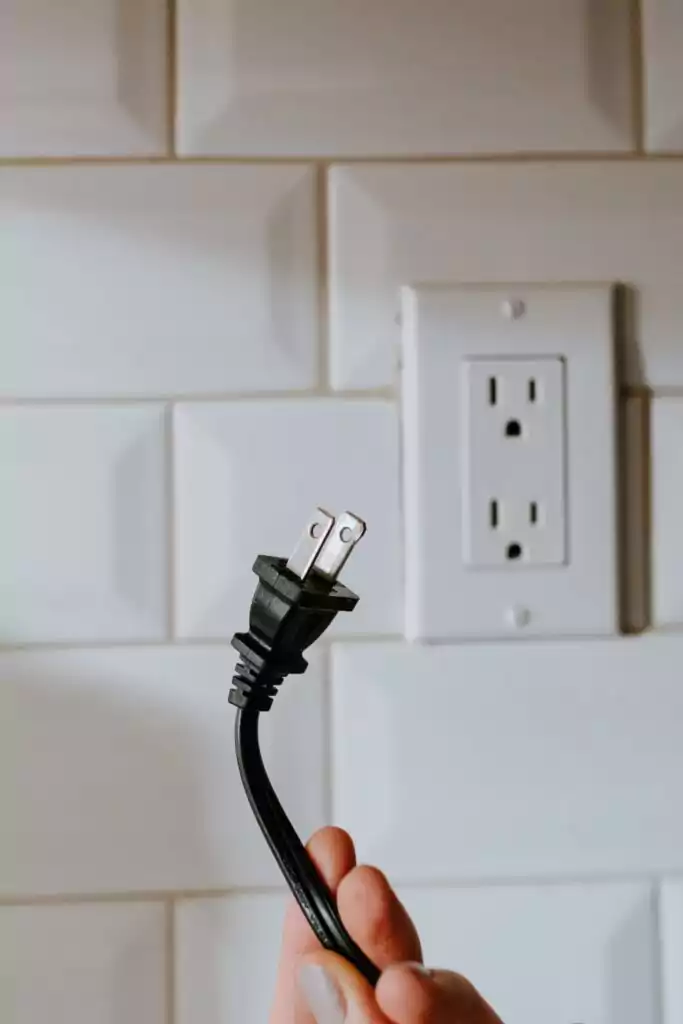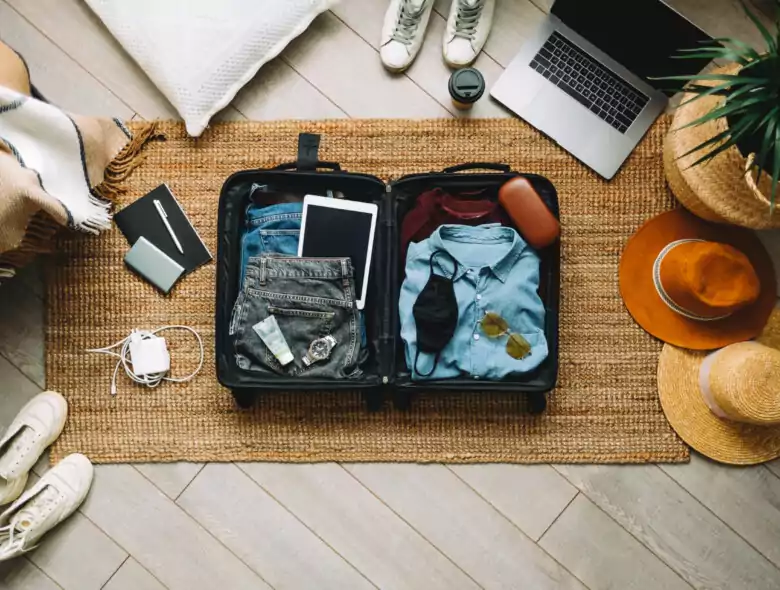Paid Leave in Japan
The paid leave system in Japan is known as yukyu and according to jobsinjapan.com, the amount of paid leave granted to an employee is dependent on a) employment status (full-time, part-time, contract worker) and b) the number of years working at the company.
In general, after an initial probation period of 6 months at the company, a full-time employee is awarded 10 days of paid leave or PTO (paid time off). Bear in mind that this paid leave can only be cashed in after having worked through the 6-month probation period and having an 80% attendance rate.
The number of PTO granted to an employee increases with each year at the company but tends to cap out at around 20 days when an employee has been working with the same company for over 6 and a half years.
Unused paid leave in Japan can roll over into the next year but will expire after two years if not claimed.
Holidays in Japan

Matcha Japan states that Japan has 16 official public holidays, some of which are combined with weekends for a longer holiday weekend. The Japanese government also mandates that if a public holiday falls on a Sunday, the following Monday will act as a substitute public holiday.
Unfortunately for a lot of Japanese employees, a stringent workplace coupled with cultural norms of avoiding inconveniencing people has resulted in lots of difficulty for individuals when it comes to taking time off, never mind that they are contractually entitled to it.
Numerous studies have revealed that Japan ranks consistently last in the number of people who take time off for vacations and 17% of Japanese employees lost their yearly paid vacation days because they go about unclaimed. Workhub.co.jp found in a survey that Japan has the lowest paid vacation utilization rate at less than 50%.
Those who do take time off work to go on vacation usually take 2 to 3-day holidays, which is fundamentally different from their international peers who tend to take 2 weeks or longer. Some reasons for not taking time to go on vacation include feeling guilty for inconveniencing their coworkers with work they’ll have to hand over in their absence and the tradition of having to bring back souvenirs from their vacation, known as omiyage.
If none of the above phases you, you are your own boss, you happen to work in a less traditional workplace, or you work for an international company, and are planning a vacation, and a long one at that, here are some tips on how to get organized and stay ahead of the game before flying, driving, bussing, or training off.
Bills to Pay

Japan Living Guide has listed the following ways one can pay their bills in Japan:
- At the convenience store if you don’t mind paying only in cash
- Bank transfer, if you’re comfortable with Internet banking, have a good grasp of the Japanese language, or have a bank account with banks that offer internet banking in English (Sony Bank, SBI Shinsei Bank, Seven Bank)
- Automatic debit from your bank account, if you’ve applied to do so in a timely manner because banks need to approve this procedure and it can take them an average of a month to process your application (if applying to rent with Village House, this one of the payment options available for tenants)
- At the company’s office or store
If you know that you have bills due on dates when you’ll be away, try to pay them off before leaving for your vacation. If this is not at all possible, then appoint a trusted friend, colleague, family member, or neighbor to help you pay them while you’re gone.
When it comes to your cell phone bills, some cell phone service providers will allow you to suspend your account temporarily, so you don’t rack up any outstanding bills while you’re away. However, this option is only viable if you don’t plan on using your Japanese cell phone number while on vacation.
Property Management
To ensure that your place is kept safe and relatively inhabitable for when you return, you can, once again, appoint a trusted friend, colleague, family member, or neighbor to keep an eye on your house or apartment for the duration of your absence. This may involve simply looking in through the windows to check that everything is in order and getting the mail or providing them with a key, the code to the alarms, etc. to allow them to enter your home for a general checkup. Depending on your relationship with the landlord or real estate organization, you may or may not be able to arrange for them to check up on your place as well.
Since we’re talking about real estate organizations, if you’re considering moving and are currently looking for a place to rent, why not consider Village House? They are a real estate organization specializing in budget-friendly rental properties with low initial costs.
Houseplants

If you’ve got some plant babies littered about in your home, then you’re going to have to make sure they stay alive, healthy, and well while you’re gone.
One way to achieve this is to hire a houseplant sitter – this is usually a professional who you pay to come to your apartment to water and trim your plants. If it is within your budget, you may hire a housekeeper to do a general cleanup and tidying of your apartment while you’re away and include the responsibility of taking care of your plants.
An alternative to this is to ask a favor of your friend, colleague, family member, or neighbor to look after your plants. Simply provide them with your plant watering schedule and any other instructions they may need along with a way to contact you should they need to.
Lastly, you can invest in an automatic plant waterer and irrigation system though for obvious reasons, this is the most expensive option. It may also not be 100% reliable especially if you don’t properly install it.
Deep Cleaning
Statista.com conducted a survey in 2021 that revealed that around 46% of Japanese residents spent between 16 to 30 minutes doing some light housekeeping around their home every day, while 31% spent less than 15 minutes.
According to the American Cleaning Institute, deep cleaning of one’s house or apartment should be done 2 to 3 times a year though more people usually average around 1.
Before going on holiday – long or short – it’s good to clean your apartment so that you don’t have to come back to a messy home. However, if you’re going on an extended vacation – a month or more – doing a deep clean of your place will ensure the minimization of potential issues such as mold growth, pest infestations, accumulation of dust bunnies, etc.
Many professional cleaning services emphasize deep cleaning the kitchen and bathroom areas first as these tend to be some of the more problematic areas of a home. After that, doing a deep clean of your bedroom will ensure that you come home to a nice and relaxing bedroom space. Doing a general mop, sweep, and dusting of the living room, dining area, and hallway will also minimize dust accumulation while you’re away. Decluttering your home and putting things away or back where they belong is also something that should be done before going on an extended vacation. Lastly, wash your towels, do the laundry, and change the bed sheets so you have clean towels to use, a clean bed to get into, and fresh pajamas to wear when you come back.
Power Off

When going away for vacation, try to unplug any electronics, household appliances, and kitchen appliances that don’t need to be kept plugged in. Not only will this help you save on your electricity bill but it is also good for the environment.
Before leaving for your vacation, unplug the following from your kitchen:
- Microwave
- Toaster oven
- Rice cooker
- Toaster
- Electric kettle
In your living room and bedroom, unplug the following:
- Home entertainment system(s) which can include TVs, game consoles, stereos, and speakers
- Computer and computer peripherals
- Air conditioner, humidifier, floor lamps, table lamps, internet router
Make sure all lights, ventilation fans, etc. are off before you head out the door.
Related articles:
- 11 Plants that Thrive in Low Light
- Tips for Keeping a Clean Apartment in Japan
- What to Do in Case of a Natural Disaster? Actions You Need to Take and Where to Get Information



